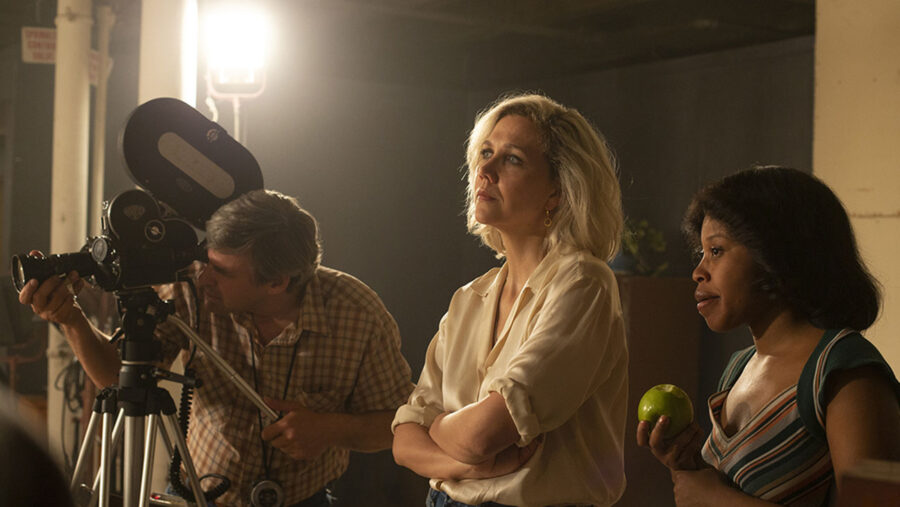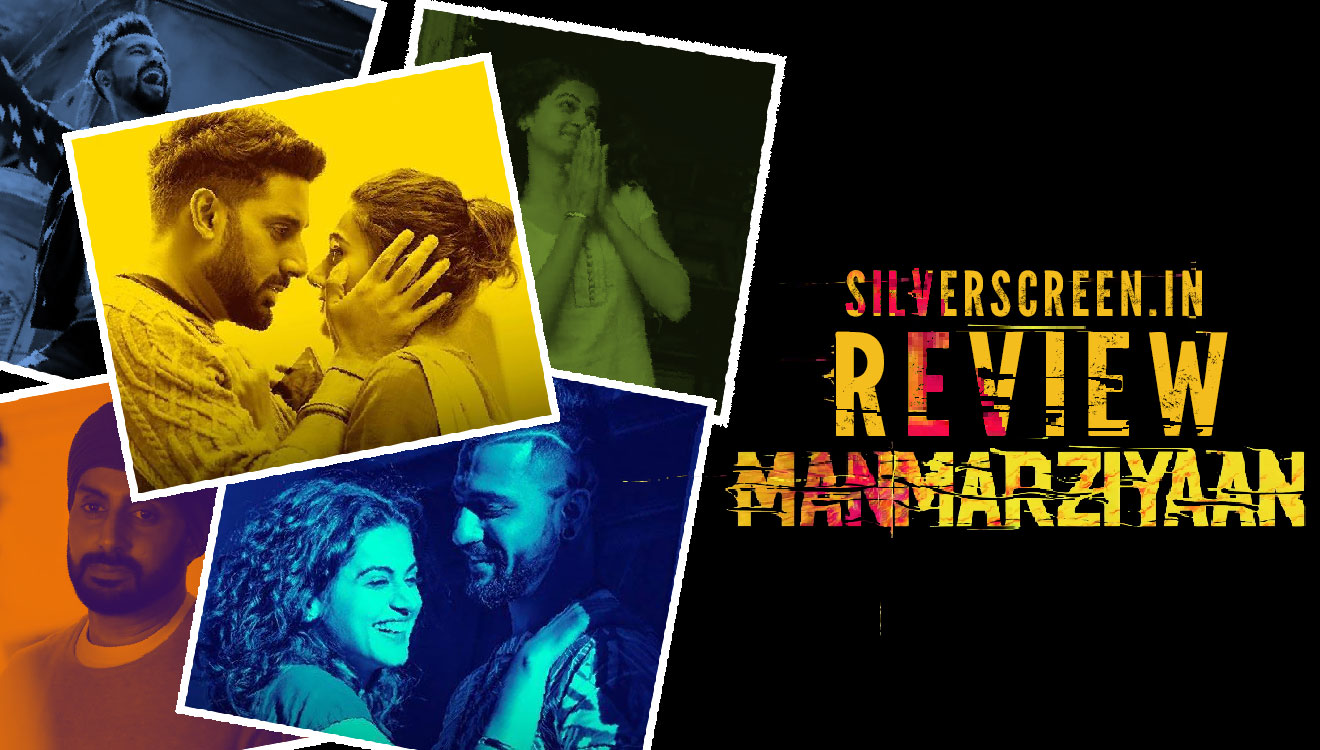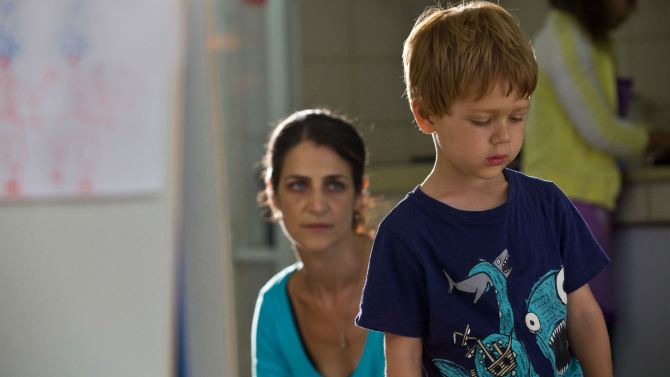“Fuck normal,” Eileen, i.e., Candy Renee, played by Maggie Gyllenhall says in David Simon and George Pelecanos’ The Deuce. She would know. In the Deuce — New York’s red-light district in the 1970s and 80s — there is no normal.
Prostitutes, drug dealers, mafia don or city official — everyone is part of this story. The Deuce begins in 1971. The flesh trade — while illegal — is alive and flourishing. We are introduced to Candy, a veteran streetwalker who steadfastly refuses to have a man, while others — Ashley, Darlene, Lori and Ruby — are content to let the pimps handle their finances. The pimps in this case, the smooth-talking CC, the rough around the edges Larry and the abusive and violent Reggie, are content to sit around Leon’s café, watching their women go out and make money. Vincent Martino, played by James Franco, who also plays his twin brother Frankie, begins negotiations with mob boss Rudy Pipilo to manage a bar. Abby Parker, a student at New York University, chooses to drop out of university, leave behind her life of wealth and country clubs, and work at the Hi-Hat, Vincent’s bar.
Over the course of three seasons (2017-19), set over fifteen years, we watch these far-from-normal characters grow, as the city around them changes. Obscenity laws are relaxed, and pornography is peddled openly. Candy, mentored by the fast-talking, potty-mouthed pornographer Harvey Wasserman, becomes known as a director of “high quality femme erotica,” the kind her dates are proud to boast of. Abby Parker grows from entitled student, to helping women escape their pimps and life on the streets, to speaking up for the voiceless folks who stand to be displaced by New York’s redevelopment plans. Paul, the polygamous gay bartender suffers a personal tragedy, and finds himself at the heart of the movement on AIDS awareness and gay rights. We cheer as Larry Brown — Gbenga Akinnagbe, or Chris Partlow to The Wire fans — learns that he can act and finds himself a career in the adult film industry, just as we do when Darlene finally makes it through college and finds another job.
But these are the successes, and Simon and Pelecanos are not the type of guys to shy away from telling difficult stories. The flesh trade and pornography industries, while liberating for Candy, can — and do — destroy lives. Take Lori Madison, the sweet midwestern girl who finds rapid success as an adult film star, finds that fame and recognition aren’t quite all that they’re cut out to be, or Bobby, whose “massage parlours” occupy an uncomfortable intersection between the strictly illegal and a blind spot in the law. Or take the AIDS crisis, the big story of Season 3, which provides a convenient excuse for the closeted city administrator Gene Goldman to shut down the bathhouses and gay bars of Midtown, even as gay men are dying each day. The Deuce, like The Wire and Treme tells all these stories — those that give us hope, and those that tell us that some things never quite change.
And try as I might, it’s hard not to compare the The Deuce with The Wire. Like The Wire, the city — New York, in this case, is the real star of the show. It provides the platform for all the characters’ lives to intersect and to make the stories come alive. No good guy is completely flawless — Detective Alston, say, — nor are the bad guys like Larry Brown or Melissa without any hope of redemption. The Deuce is just as deeply political as The Wire, forcing us to confront our views on cleaning up the city, on pornography and if the flesh trade or adult film industry can ever be feminist. Simon and Pelecanos are not afraid to impose these choices on their characters, many of whom are based on real people. And of course, so much of the cast is familiar — I counted Chris Partlow, D’Angelo Barksdale, Cheese, Frank Sobotka and Slim Charles from The Wire, and even Jackie Aprile from The Sopranos.
Recommended
Of course, The Deuce ‘isn’t’ The Wire. I felt invested in Candy — the emotional and moral centre of the show, and Abby, whose character grew as the show went on. But the show’s eight episodes per season format didn’t allow for the kind of character building that made The Wire such compelling television. James Franco’s Vincent and Frankie Martino, for instance, never felt like characters that I could care about. Vincent’s bar might be the setting for all the many debates the show throws up, but the characters themselves felt more and more like placeholders in each episode, taking up valuable screen time from more interesting characters. It doesn’t help that James Franco faced allegations of sexual assault even as he acted in a show on the exploitation of women in the entertainment industry, or that watching Frankie Martino making an adult film feels a little too real for comfort. Candy admits that she might need to hear that she was profiting off the exploitation of women in her films — is the something the show’s creators needed to hear too?
But all said and done, The Deuce really, truly is compelling television. We live in a world where HIV/AIDS is eminently treatable, and where meeting same-sex partners doesn’t have to be the preserve of seedy underground bathhouses. But we also live in a world where, as the #MeToo movement showed, the debates on the exploitation of women in entertainment remain alive and well. We would do well to remember, as Vincent does as he walks off into the subway in the show’s final sequence, that some things really haven’t changed.
The Deuce is streaming on Hotstar in India.



